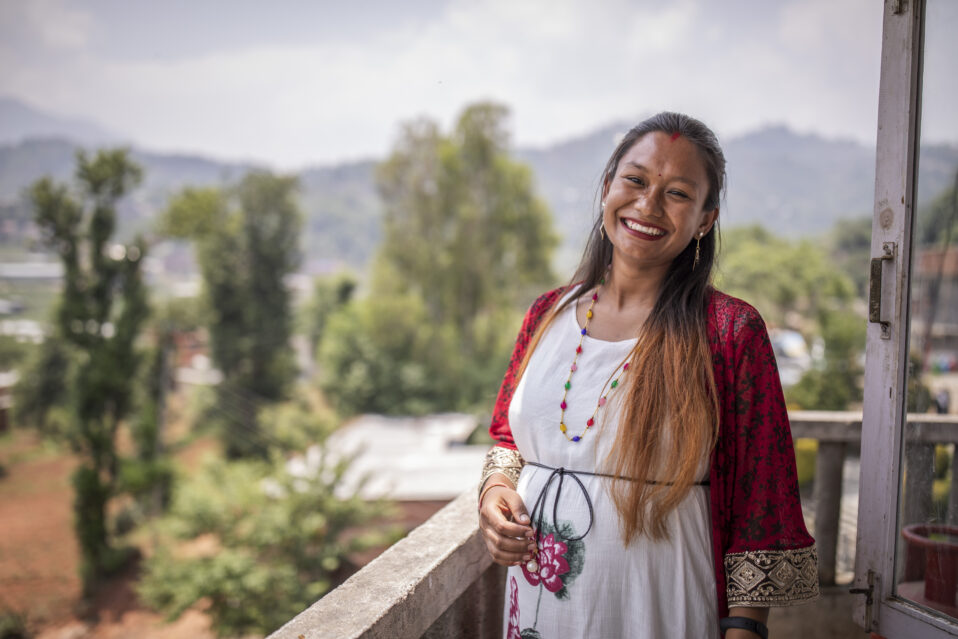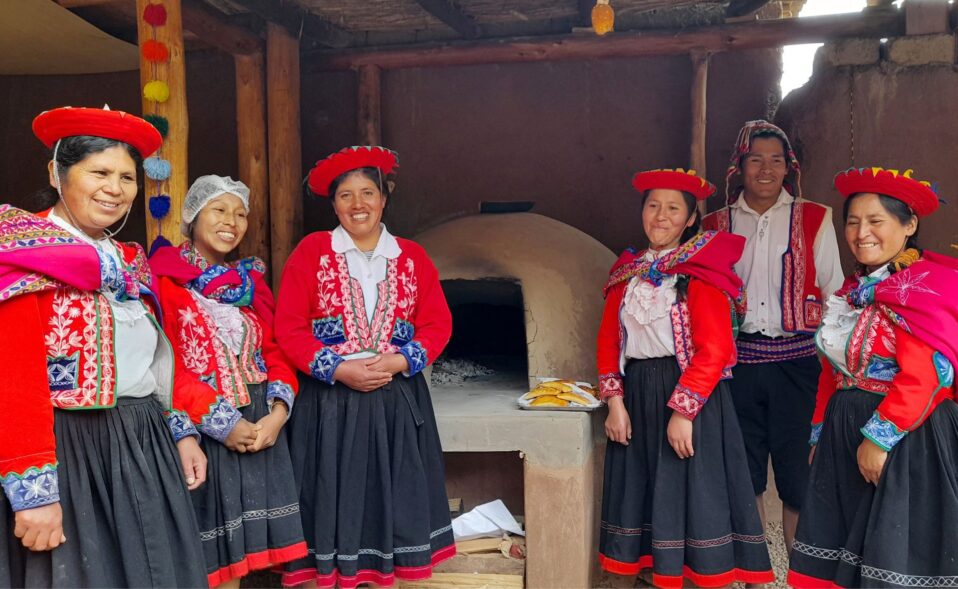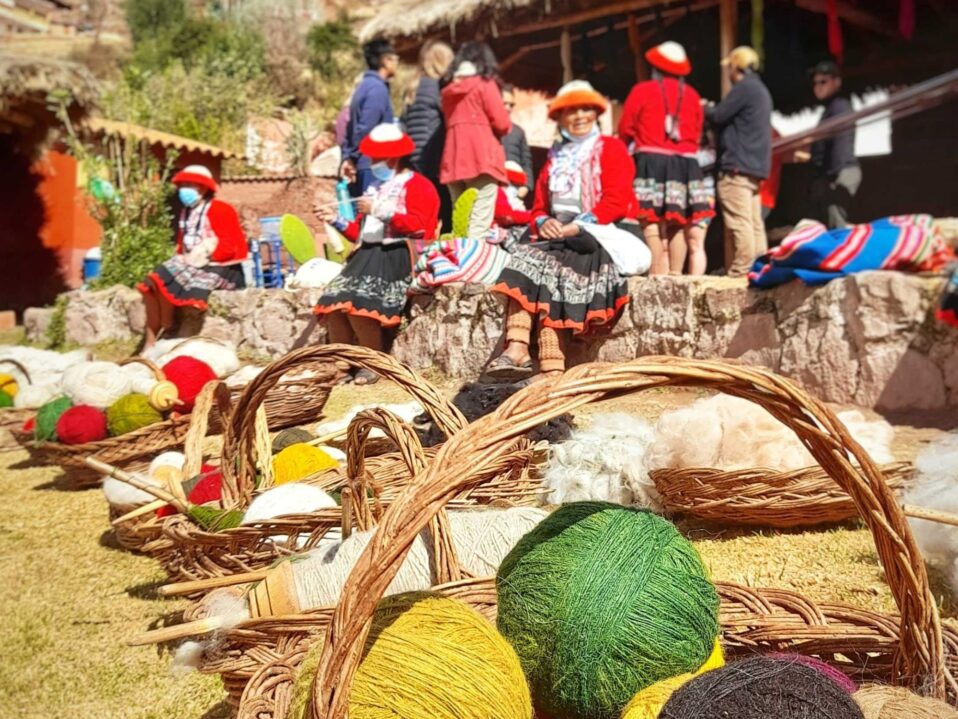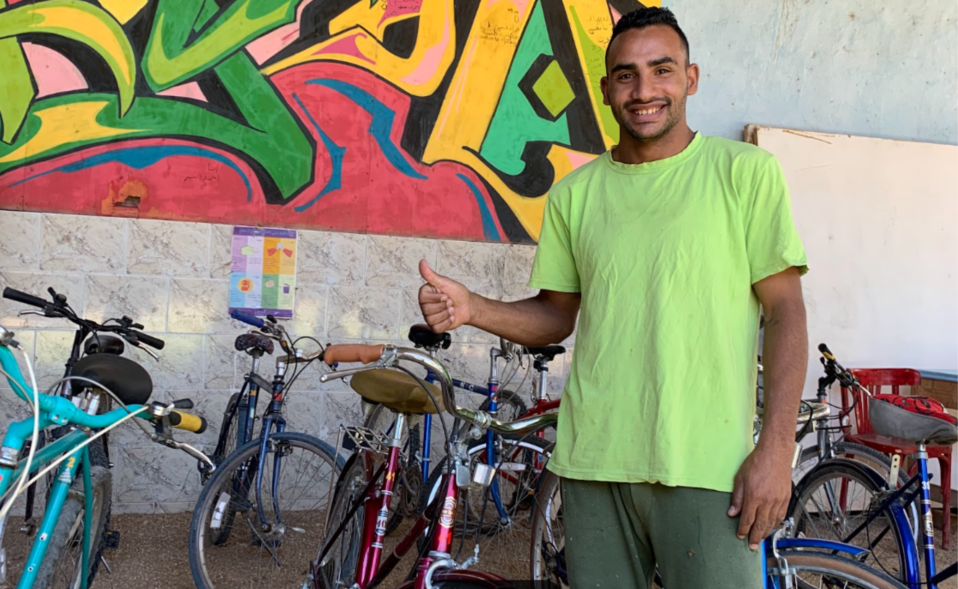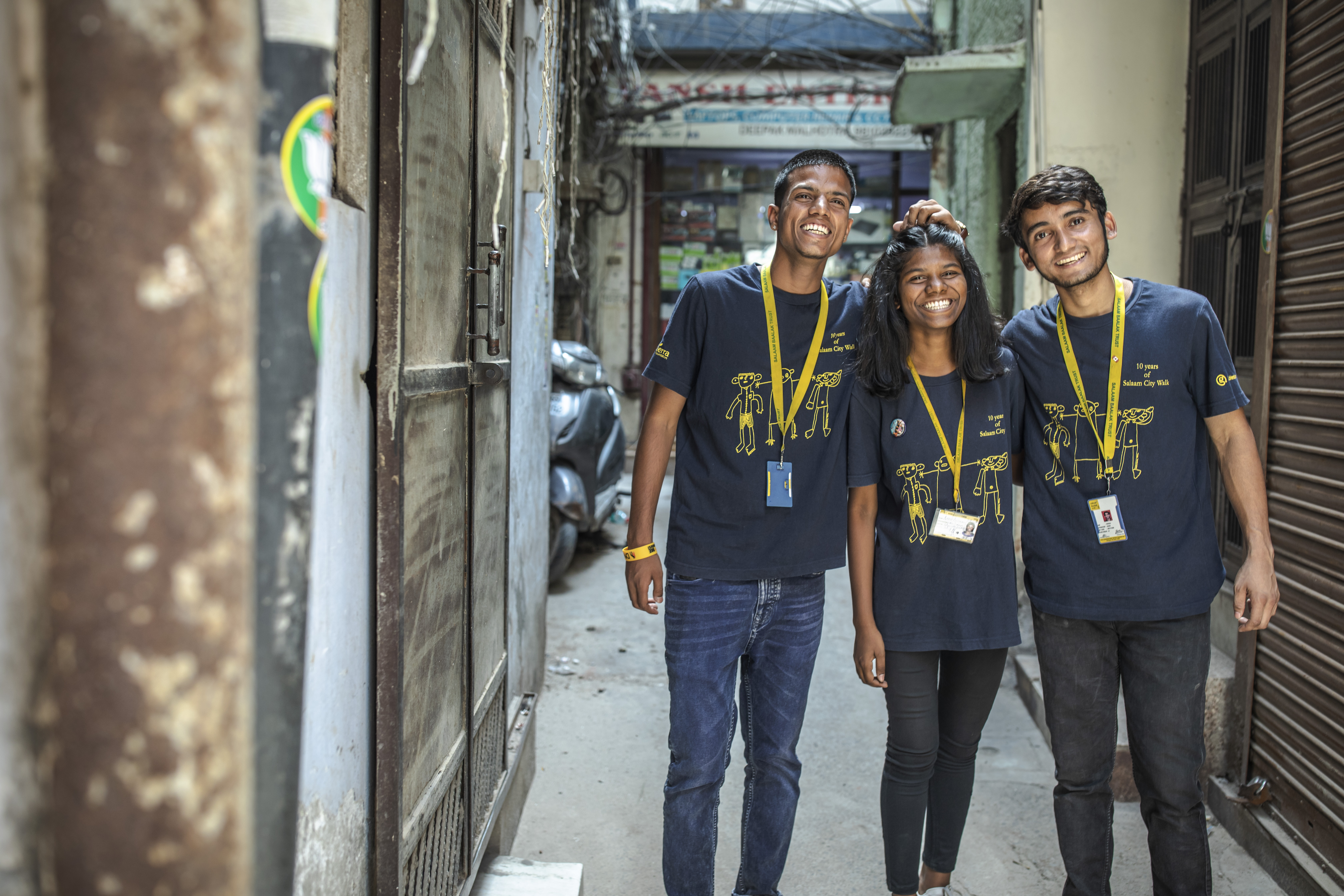Written by Zoë Woods Women are using technology to connect, communicate, and proudly embrace their diverse cultural heritage. In today's digital age, Internet platforms offer a vibrant space for women to share their inspiring narratives with the world and display their traditional arts and crafts. In community tourism, technology acts as a catalyst for women's empowerment, opening doors to economic and social success. Women are harnessing the power of technology to bridge divides, encourage inclusion, and honour their cultural heritage through the harmonious integration of tradition and innovation. Asociación de Mujeres Artesanas Zoológico Mágico San Martin de Tilcajete, Oaxaca, Mexico Keeping Cultural Heritage Safe Digital platforms have opened up new avenues for communities to showcase their rich cultural tapestry. From websites and social media to virtual reality experiences, these platforms attract tourists in search of authentic encounters. Women play a pivotal role in curating these digital offerings, serving as the custodians of cultural heritage and ensuring that their traditions are appropriately portrayed and preserved. In addition, women are creating spaces that foster intercultural dialogue. Through online forums, storytelling platforms, and video conferencing, women from diverse cultures come together to interact, exchange ideas, and collaborate on community tourism initiatives. These virtual connections not only facilitate cross-cultural bonds but also promote mutual understanding and appreciation of different cultures. Developing Women's Digital Literacy Women who possess digital literacy skills are better equipped to navigate the modern landscape and drive meaningful change. Recognizing the importance of empowering women in rural areas and assisting them in utilizing technology for their economic and social growth, several organizations and projects have emerged to provide training and resources. provide training and resources. Through digital literacy programs, women gain essential skills such as internet marketing, e-commerce, and social media management, allowing them to showcase their community tourism projects to a wider audience. Aside from teaching technical skills, these programs often equip women with the tools they need to excel in leadership, entrepreneurship, and financial management. Women take on leadership roles in their communities, taking charge of tourism initiatives, planning events, and encouraging community cooperation. Technology, a Bridge to Economic Opportunities Technology acts as a bridge, opening up new revenue streams and connecting women engaged in community tourism to a broader market. With the rise of internet platforms such as marketplaces and booking sites, women now have the ability to market and sell their local tourism services to customers worldwide. By cutting out intermediaries, this direct link enables women to maximize their earnings, contribute to their communities, and improve their quality of life Moreover, women are using technology to diversify their sources of income. Through online marketplaces, they can showcase and promote genuine handicrafts, locally sourced products, and unique experiences. By doing so, they not only preserve traditional crafts but also generate income and establish sustainable livelihoods for themselves and fellow community members. Technology enables women to reach customers beyond their local markets and transform their community tourism enterprises into thriving ventures. Overcoming Obstacles Despite the tremendous benefits provided by technology, women working in community tourism still face various challenges. Limited access, inadequate infrastructure, and cultural constraints can hinder women [...]


